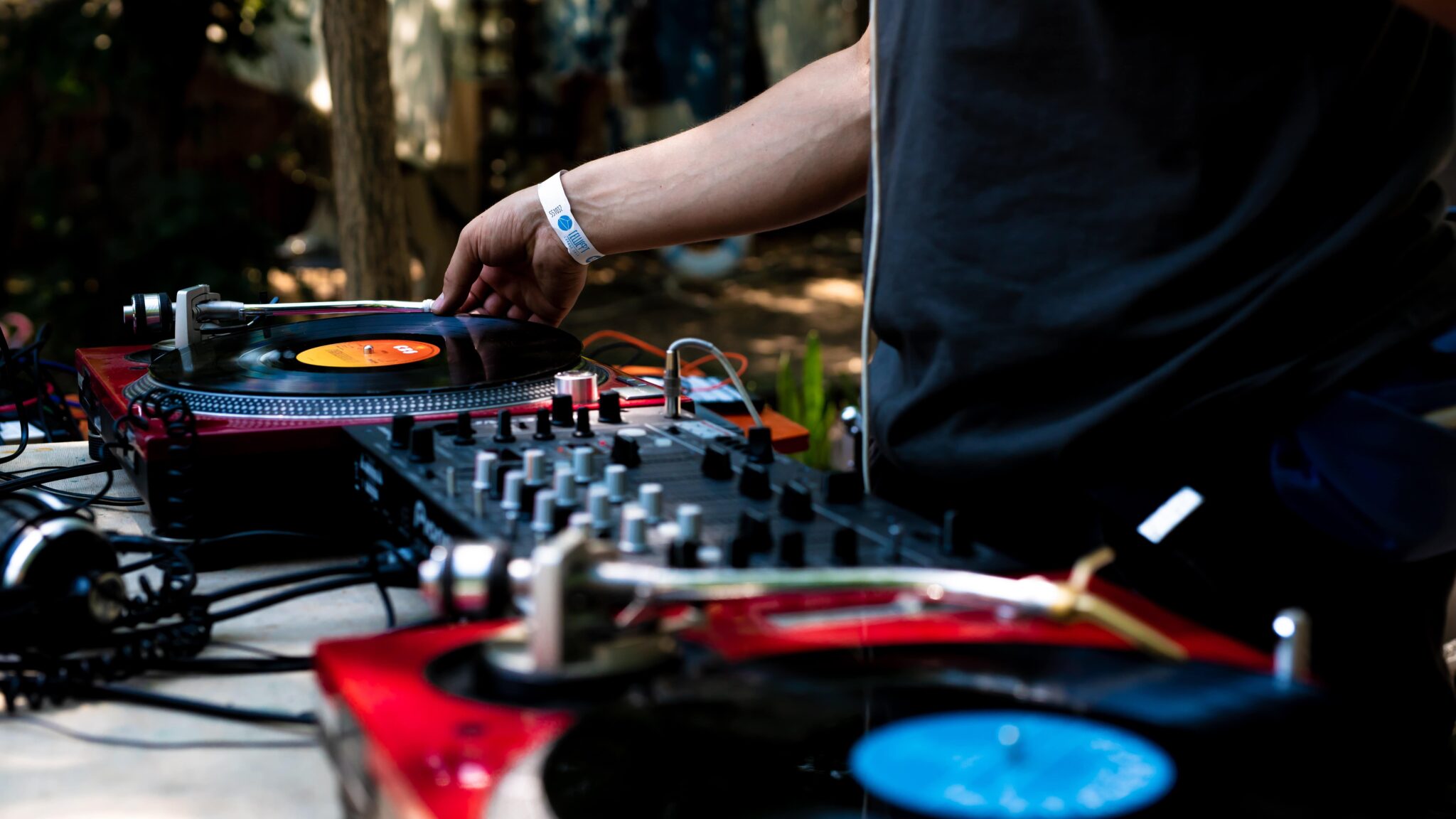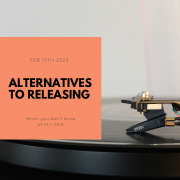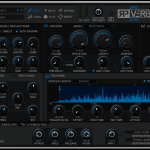Tips for getting your music heard
After the reactions to my compilation of tips for music production, I’ve been asked to provide some advice on getting your music heard, and potentially getting it signed to a label. When you make music, one of the first things you crave is for the whole world to hear your work, to connect with others through your creation and also implicitly as a need for validation. Many times people feel the urge to share their music (eh, I do too!), especially if the session was good. But if you sit on your work and wait, you’ll understand that this desire can be addressed differently.
Let’s approach your desire to get traction for your work by handling two things: your need for validation, and understanding how listeners pick their music. You need to understand both to be able to have a strategy going forward.
Firstly, let’s cover the validation aspect of your work.
Let it age
My first rule when I’m 90% done with a song, is to let it age for a few weeks. This is extremely important to make sure you haven’t fallen in what I call, a disconnected bubble of love with your song. When you fall in love with one of your songs, you have no distance or second perspective of it. You have some sort of unconditional love for your own work, meaning that your analytic self has been turned off and may not be able to spot technical flaws or irrelevant aspects of the song itself. Letting a song age for a few weeks will really disconnect you from that bubble and provide you with enough distance to approach it analytically. Ideally, you want to wait until a point where you forgot about the particular song in question.
My tip is to bounce the track and put it in a folder that has a date on it. I will also give myself a reminder on my phone to listen to in the future. I also will listen to it in a different context of my studio—a car ride could be excellent—or if possible, listening to it in presence of someone else can really help. You’ll want to observe that person’s reaction, not his or her feedback. You have no idea how listening to something in presence of a friend can really make you see things differently.
Consider validation from your circle of trusted friends
Do you have a circle of connections yet? This took me quite a while to establish, but once I had one, it was a great alternative for validation as opposed to posting my music publicly online (and avoid shaming myself!). Basically, your circle should be a mixture of friends, DJs, producers, “fans”, and music lovers. You don’t need the best DJs out there, just people who play often because they have the ear for what they love, what works, what and what doesn’t; they will tell you if your track fits with what’s going on. The producers will give you feedback on technical details while fans/music lovers will simply let you know if they love it or not. Fans and music lovers are probably the least useful in terms of critical feedback, but they’re actually very importan to test the “love at first listen” aspect of your work. My circle has about five people and one of my main criteria in deciding who should be in my circle was to find reliable people who can be honest, but who are also very responsive. I can’t be sending music to people who won’t respond if they don’t like it or just disappear.
I usually start sending my music to the circle once I’ve listened to it again after some time off and feel that the song has aged well. But sometimes what’s interesting is that music you end up doubting can be really appreciated from people who listen to it for the first time. This could mean your track is a keeper.
Unveiling your music publicly
One of the the most desired results producers seek for their music is to be heard, and get a lot of listens and likes online. Sadly there’s so much stuff happening in music-making that you can get lost in that desire. “But no one seems to care or will listen to my song!”, I often read/hear.
The real question is, “why would they?”
I know it seems harsh to be so blunt, but this is an important point that if you can answer, then you’ll get precise feedback regarding what you do wrong. Most of the time, what’s wrong is to build up your expectations, thinking that because you have a song that is great and maybe sounds like popular songs out there, that people should be all over it. Sadly, no, this is not the case. Maybe people are hearing your work as a cheap copy? Maybe they’re craving something else entirely?
Secondly, it’s important to be aware of how people are selecting their music. Listeners usually face different challenges in browsing for new music or for anything new in general. They usually want a bit of the “same old, same old”, as well new ideas. Generally, in looking for new music:
1- They’re looking for an emotional connection. If you need some pep for cleaning, or supporting music for coding, for example, chances are they’ll most probably dig into something they’ve already saved.
2- They’ll follow people they trust. We all have one friend who can make good recommendations. These people invest a considerable amount of time getting out of their usual routine to find new music, will read blogs and magazines to hear about trends, and will check out recommendations on Spotify (or an equivalent service). These are the people you want to reach first with your own music.
So, how do you reach out exactly?
The answer is simple: by being present.
As I’ve explained before, here are some important tips that will make a huge difference in poking through the noise.
1- Pick the moment when you’ll post your music. There are moments where people might be more suitable to discover music. Usually people do that on their downtime, meaning that releasing it in the end of the afternoon could be a good spot otherwise, in the evening.
2- Share a snippet to start with. Don’t share it all, especially if you want it to get signed. Labels hate music that has been spoiled.
3- Add pleasant looking artwork. Many people overlook this, but having artwork can influence people to click and listen.
4- Be extremely active on Soundcloud by leaving comments on similar music. Each time you leave a comment, people see you being active and if you’re pretty busy, they might want to check your profile. Don’t be a beggar asking for attention, be active and generous in your feedback. Your followers will see that and appreciate plus new artists might want to have you as a follower.
5- Always observe the golden rule: never ask anyone to leave feedback.
6- Observe people that often leave comments on music you like, then contact them in private. You can befriend anyone who often re-posts music or leaves comments. They’re the ones who are followed and will make your song look like it got listened to.
7- Anytime you contact someone, be personal in your message and simply invite the person to have a listen, but never ask for anything in return. Contacting people by private message is a great way to get traction. But be polite, courteous, and make sure it doesn’t look like you used a template. Don’t ask anything as people already know the drill.
8- Try to have some of your circle listen and have feedback. Hopefully your friends like it and will support it.
9- Promote other people’s music. Again, this is important. Why would people support you if you don’t support anyone it in the first place?
10- Use tags. Don’t be afraid to use them, because they’re important for anyone looking for music.
SEE ALSO : Reverb tips and tricks












Leave a Reply
Want to join the discussion?Feel free to contribute!